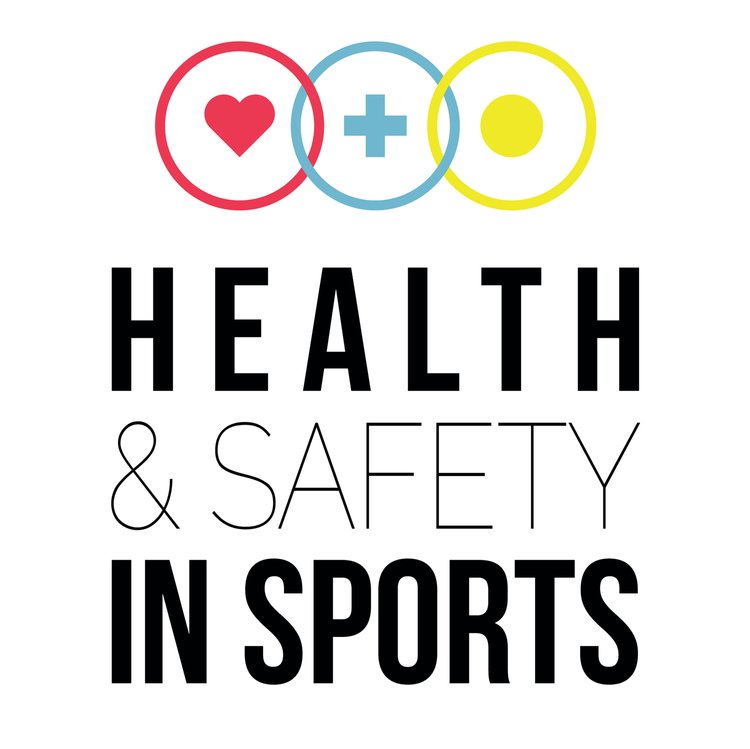Sports injury prevention works. But how should it be planned, organized and implemented? That was the main focus in this worldwide Delphi study in which 305 experienced sports physical therapists (PTs) from the International Federation of Sports Physical Therapy member countries took part. They concluded that sports injury prevention programmes (SIPP) should be based on (1) an athlete's injury history, on pre-season screening results, and on injury rates; (2) should depend on the athlete's age, the competition level, and the availability of low-cost materials and (3) that SIPP should mainly be implemented in warm-up sessions delivered by the head or strength/conditioning coach, with physical training sessions and individual physical therapy sessions.
Experienced sports physical therapists from different geographical locations in five continents, working with athletes competing in nationally representative teams were targeted during the recruitment process. The Delphi process consisted of 3 rounds. The ACHSS took part in this study by means of Igor Tak and colleagues.
Clinical relevance
This study contributes to the body of evidence on disseminating good clinical practice in sport injury prevention guidelines and supporting sport physical therapists (PTs) in their decision-making processes. This consensus will help both clinicians and researchers in performing improved SIPP in athletes, especially to those who are not familiar with SIPP or need initial guidance. In order to achieve these goals, the implementation of continuous athlete and staff education and associated strategies to increase overall adherence to evidence based SIPPs are needed. If we could make some essential steps in this direction, the global effectiveness of sports IPPs dissemination and implementation would be increased. It is worth to mention that this agreement involved the participation of experienced sports PTs. Nonetheless, other staff members participate in the development and execution of sport SIPP, such as the head coach, strengthening coach, psychologist, physician, etc. Therefore, future studies should approach these professionals and capture their opinions and agreement on sports IPP as well, to better support the athlete's health and well-being.

